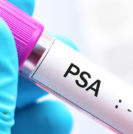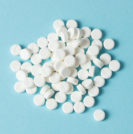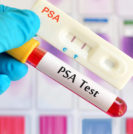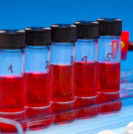If you wanted to know what men look for in choosing a new car, it seems obvious that function would be a top priority. They want reliable transportation. After that, what matters will vary from one man to another. Budget, of course, will be a consideration. Next, choices depend on things like repair record, safety,
keep reading










